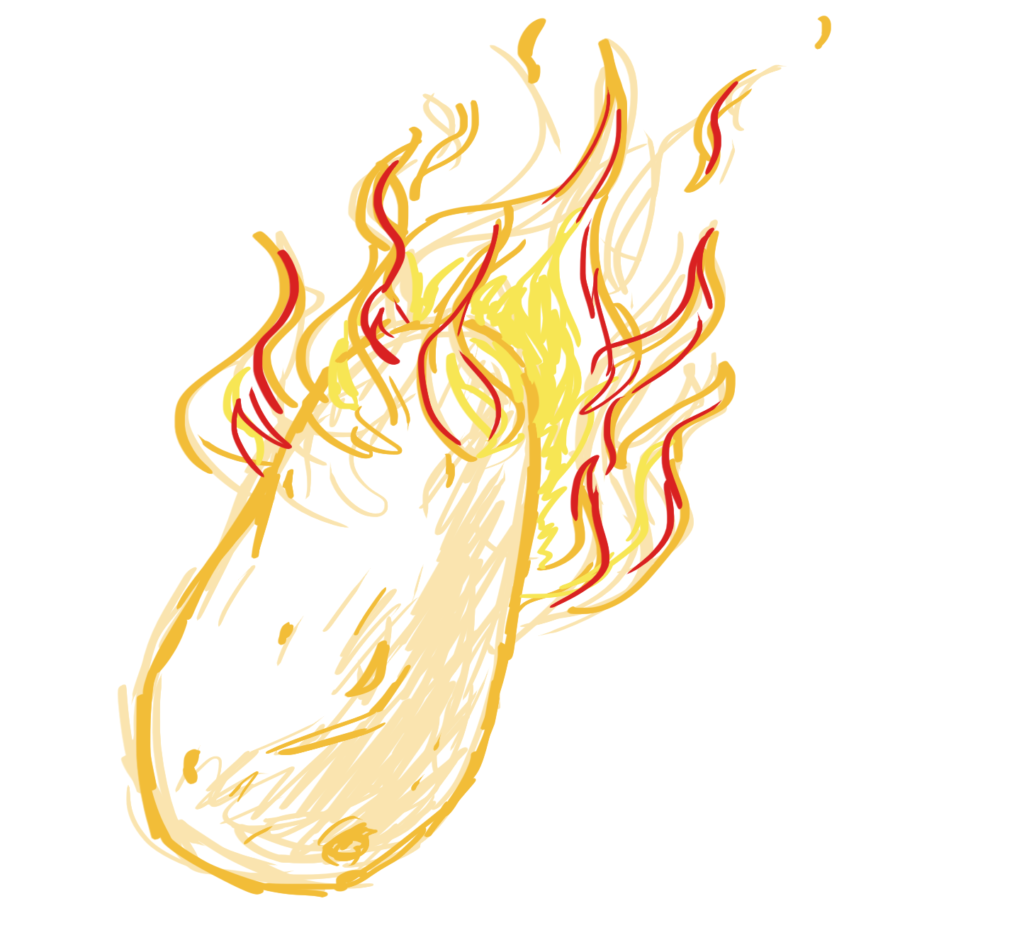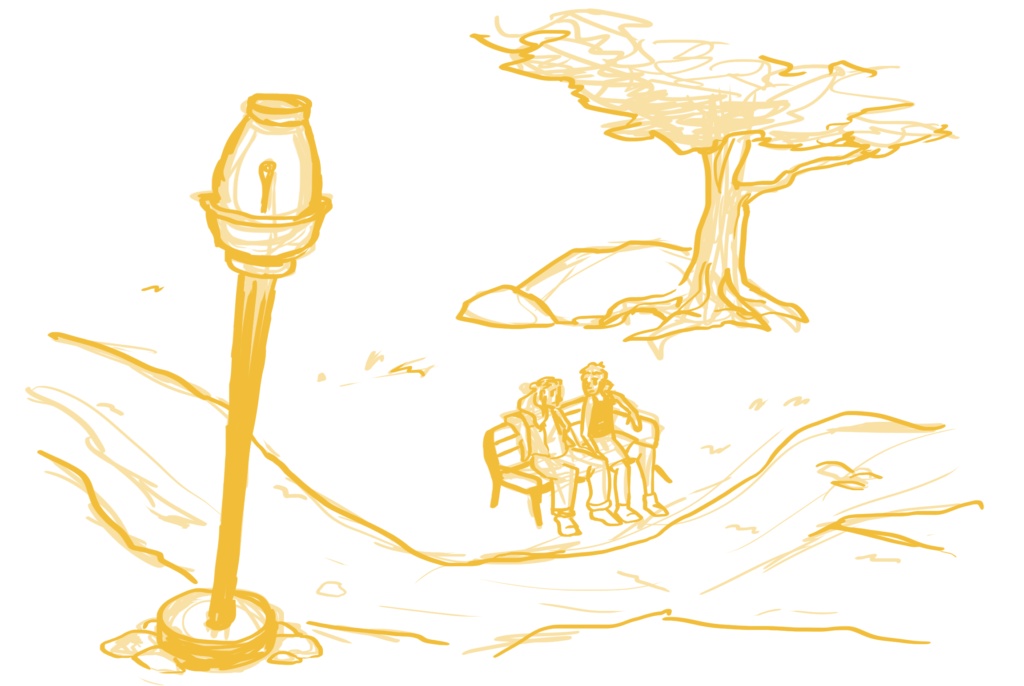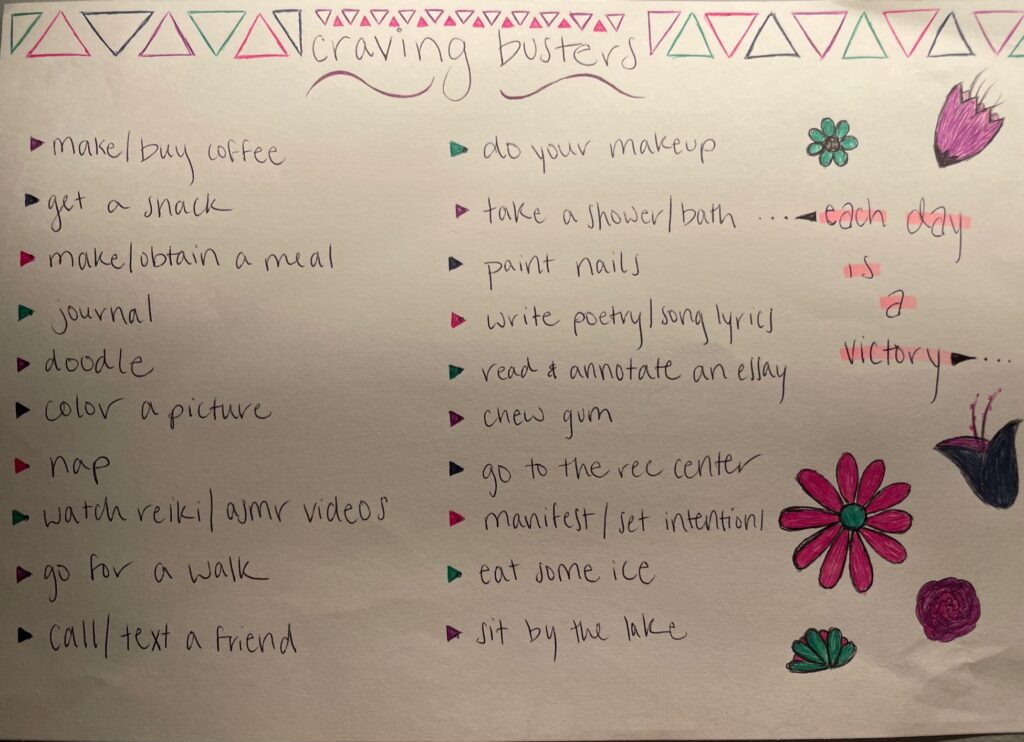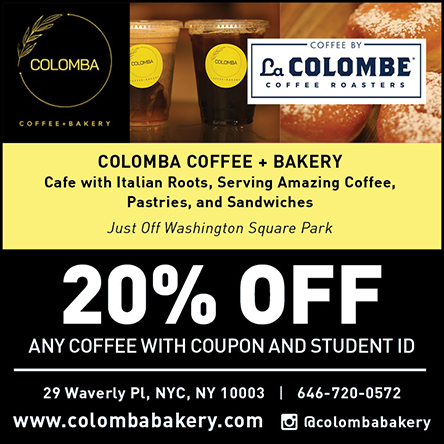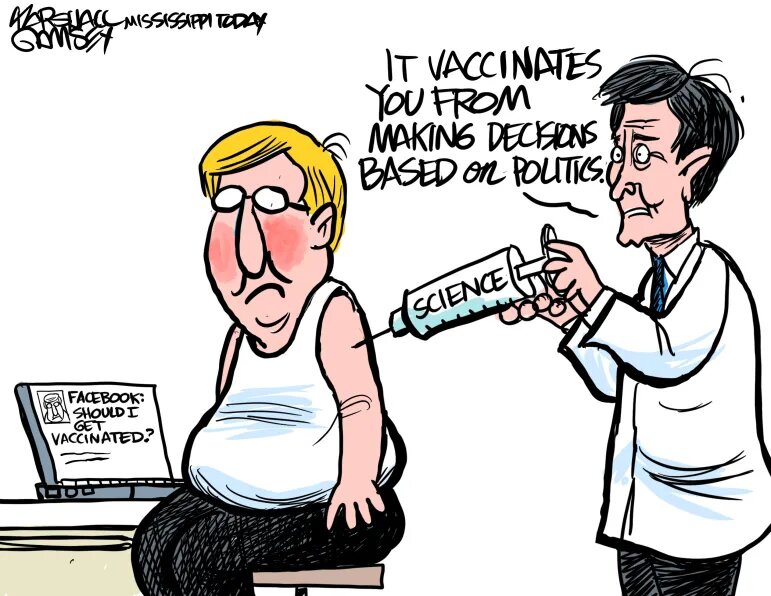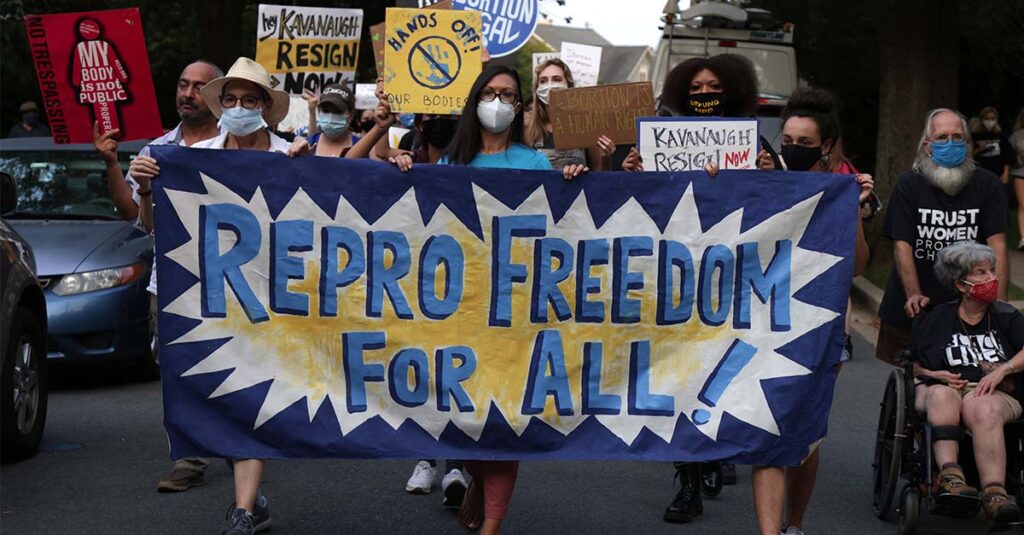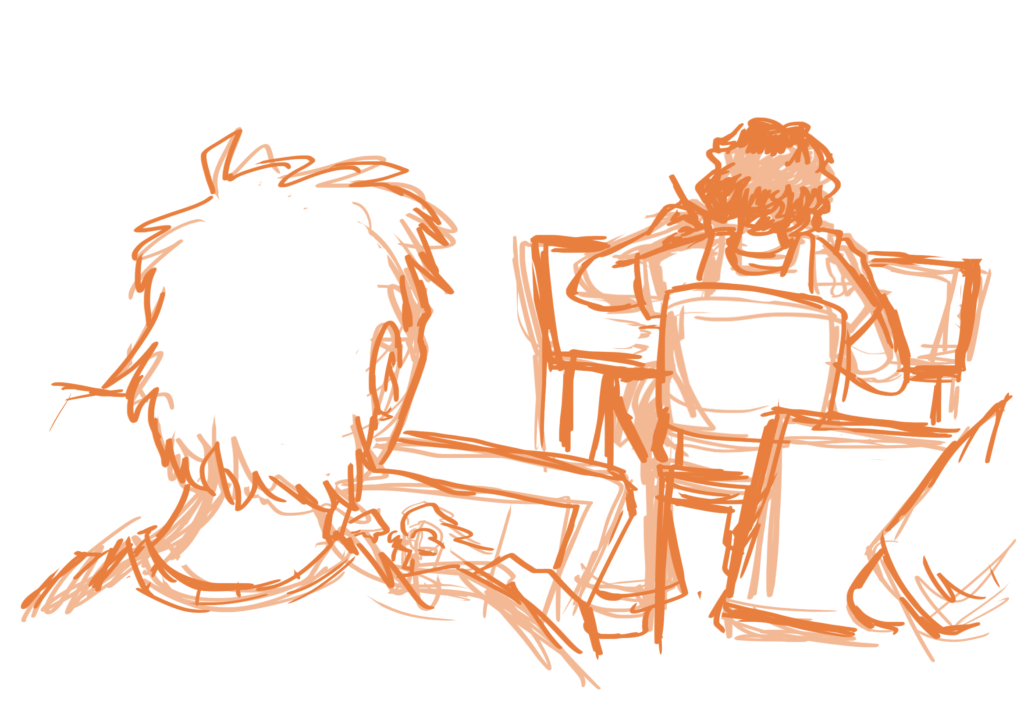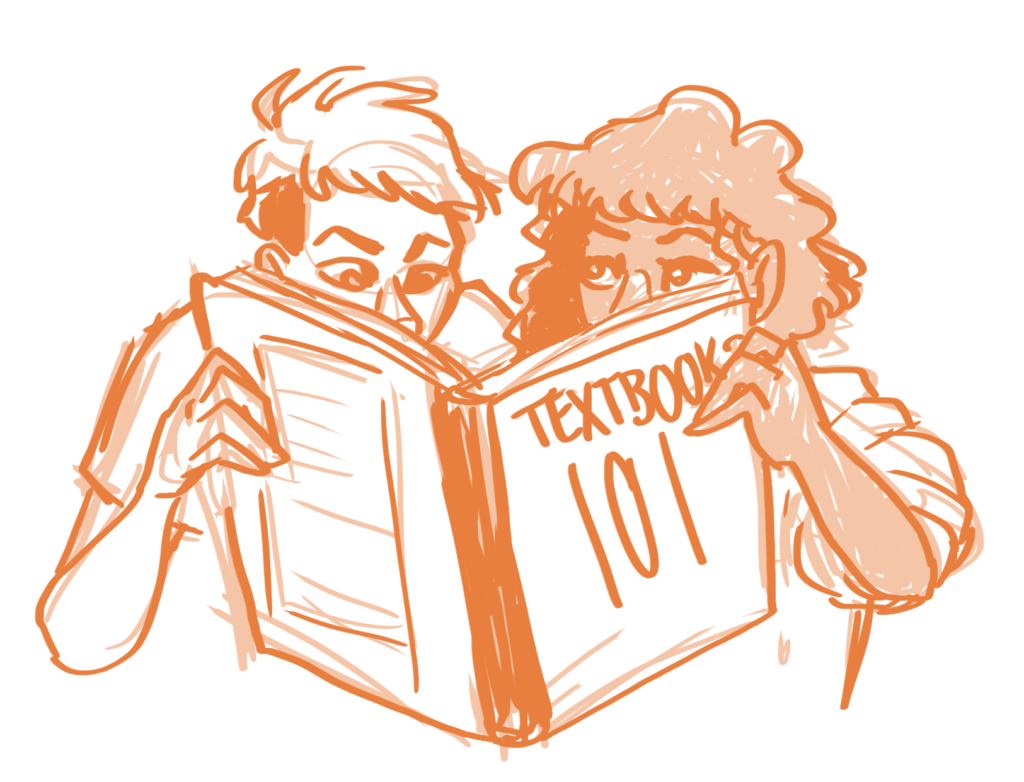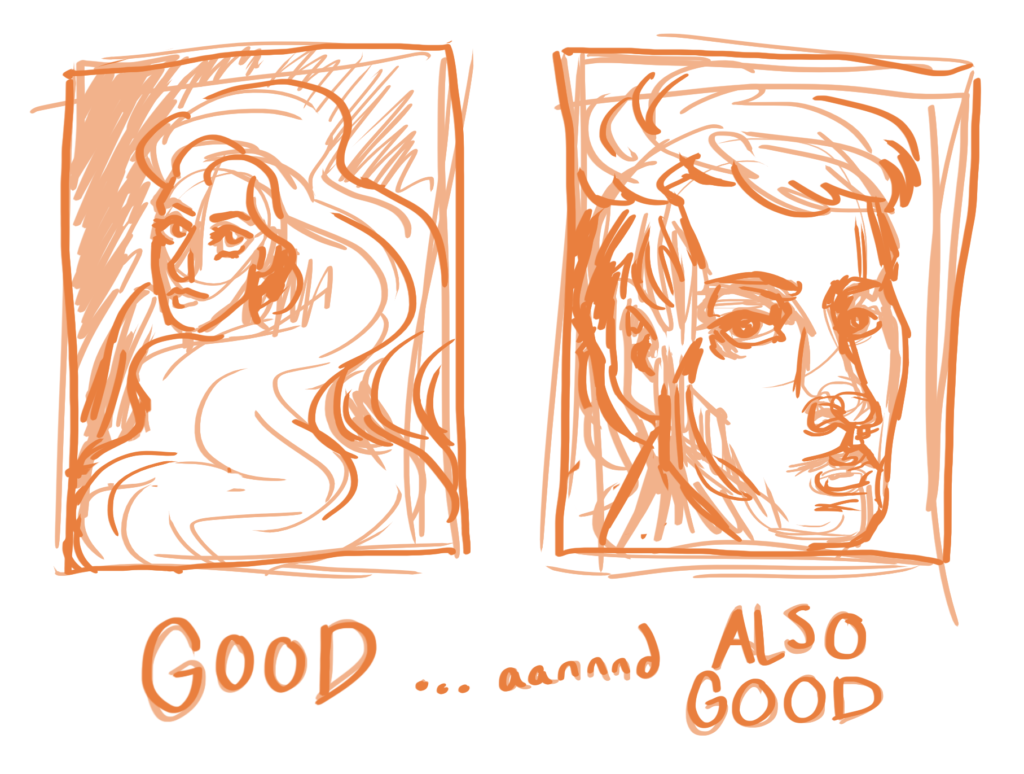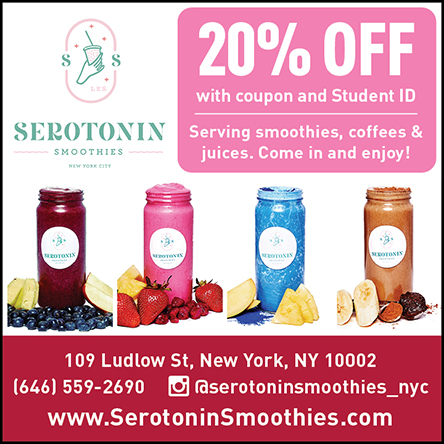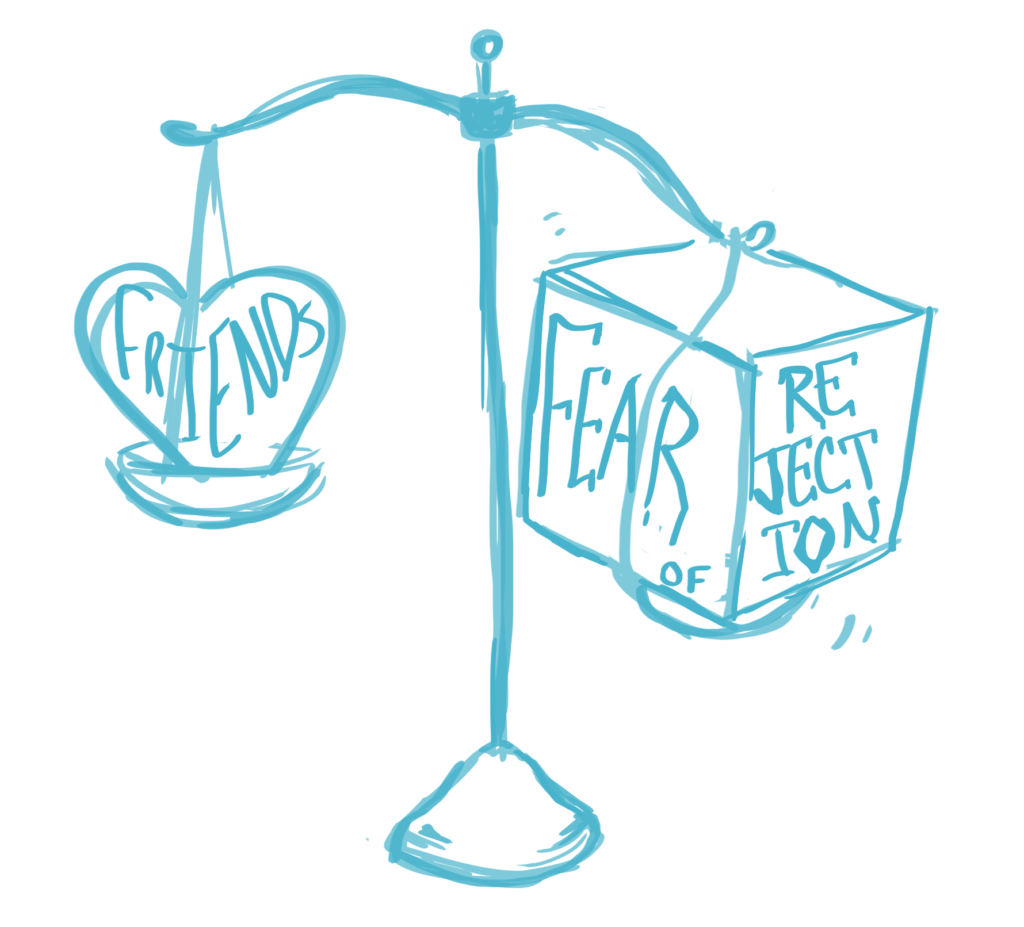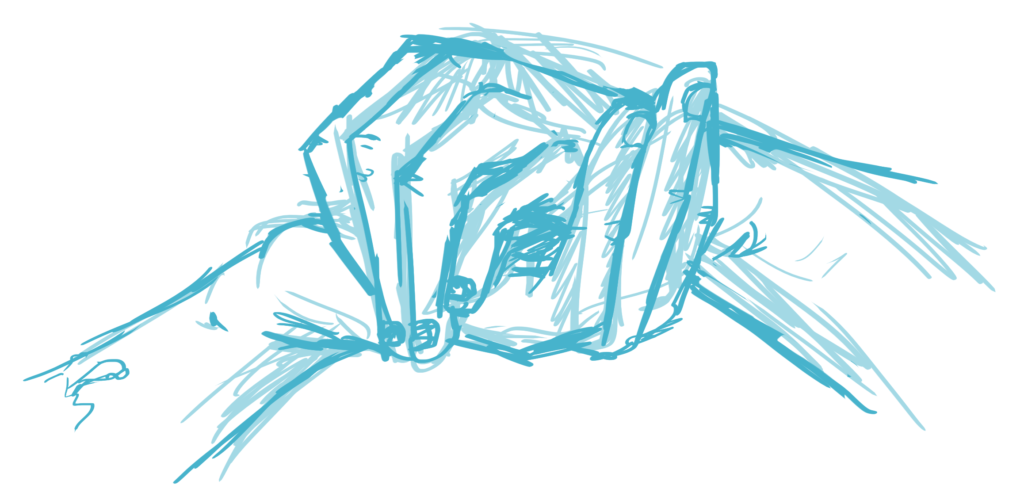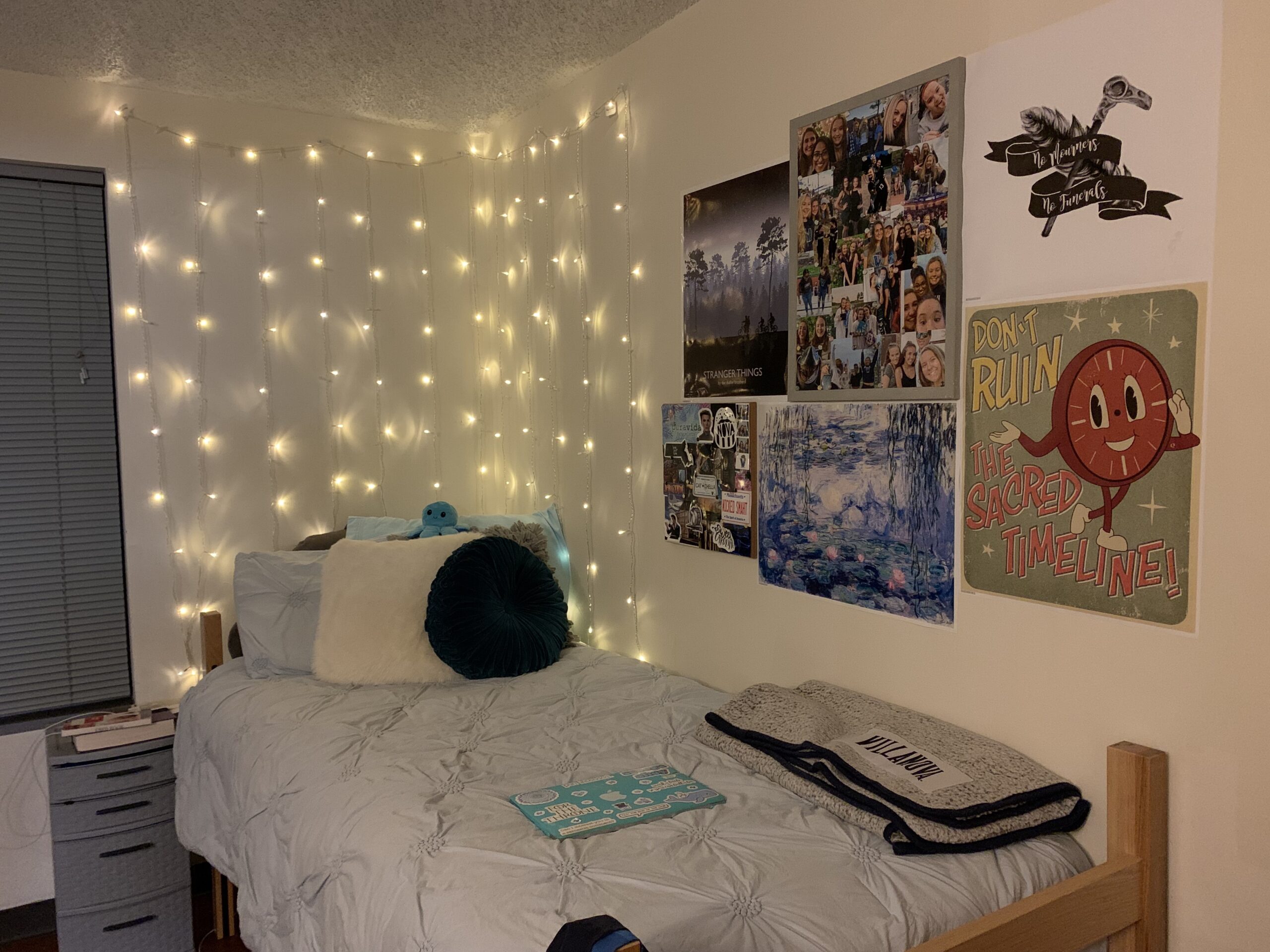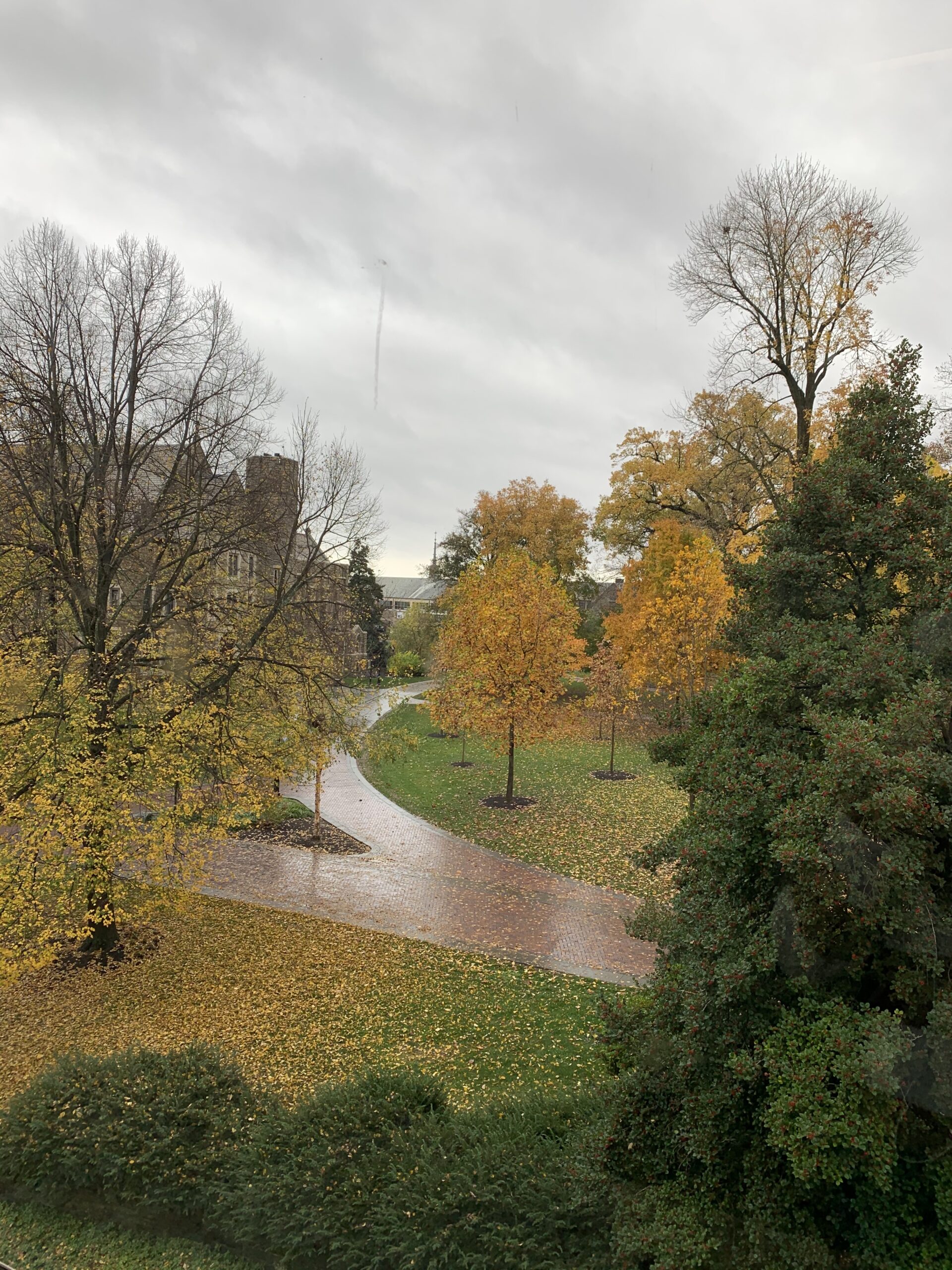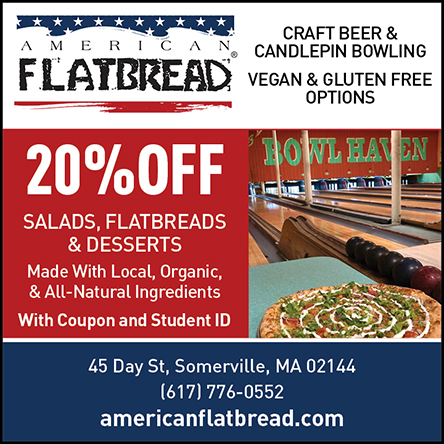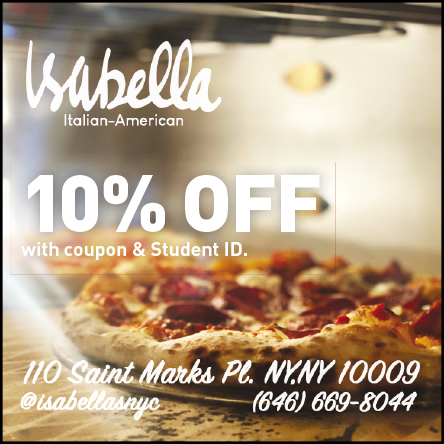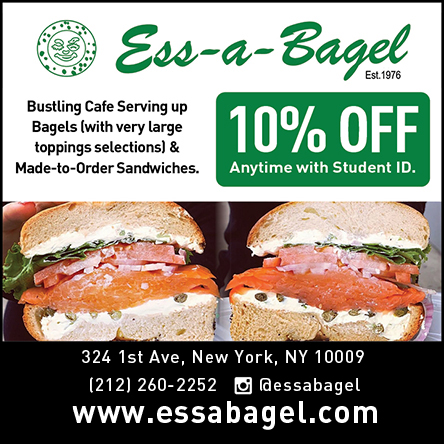The vape is clutched in their hand. They hit the device, casually, not understanding their privilege. Their lack of reverence for the “dizzy” fills me with a fiery anger. They don’t appreciate how lucky they are to be able to satiate their nicotine addiction. I grind my teeth together and try to remember my tracker, counting my days. They’re saying something, laughing about something. I can’t take my eyes off the colorful cylinder. An unending cycle of words courses through my brain, through my veins: “I want it I want it I want it I want it I want it.” I have no idea what they are talking about. I can’t think of any of the reasons I’d written down, can’t think of any reason I shouldn’t be allowed this one reprieve, a momentary breath of utter bliss. “Can I?” I blurt out, pointing to the vape. I am granted my deepest desire, but the vapor that spills into my lungs hurts, making my throat close and stomach curl. The “dizzy” betrays me. I want to go back, I wish I hadn’t broken my streak, I wish I could’ve held out for another minute. I open the tracker app and reset my timer, disgusted.
Quitting nicotine is comparable to breaking up with a toxic ex. Someone who makes you feel good but tears you down. Who keeps you from realizing your full potential. Even though you know they’re bad for you, you miss the good times. You let them back in when they beg you to, and you have to cultivate the strength to kick them out of your life once again.
This is Quitting sent me a text in late September, saying “Write a breakup letter to your vape. It may seem silly, but a letter can be an emotional commitment to quitting.” I did think a breakup letter sounded silly. Because I had already written so much about nicotine and why I needed it out of my life, however, I figured writing a letter directly to nicotine could be satisfying. A final goodbye.
“I should’ve never let you [nicotine] in, because you’ve wormed your way into my head. It’s hard getting rid of you. I worry that I’m never going to be able to forget you, fully leave you behind. But that worry is a trick. That’s YOU, in my brain, still trying to pull the strings. YOU DON’T OWN ME… You are simply a nuisance, a weed I must uproot from my psyche. It hurts, in all honesty, and the pulling is long and drawn out… well, I’m not having any of it. You are disgusting. You hurt me, you harm my whole being, but you had me hooked. Not anymore. We are DONE.”
-”the breakup,” September 2021.
It did feel good. I felt free. I turned to this form of coping with the withdrawals more often, jotting down my experiences and feelings in my notes app or typing away a craving in my QuitVaping app. As a writer, it would make sense that writing about this frustration and pain would be so helpful.
I didn’t just write in order to erase the habit. I changed so many areas of my life in order to shake nicotine, replacing the old routine with something new. I doodled to keep my hands busy, drank coffees and teas constantly, kept my purse stocked with suckers, watched asmr videos in an attempt to replace the physical feeling of the “dizzy” with tingles (somewhat effective). I wrote when I was particularly frustrated, and other moments were filled with little tasks to keep my mind from returning to nic.
Doodles produced by the urge to do something with my hands.
I was exposed to nicotine nearly constantly, which sucked. Being without nicotine is okay when you don’t have any access. You can forget about it and replace it with something else, as I did with coffee and suckers and snacks. I knew that any of those things were better than nicotine in the long run, for both my health and my bank account. Being near someone who has a vape or a cigarette, however, created such a strong craving that I gave in time after time, begging to obtain the “dizzy.” It was embarrassing that I couldn’t quite kick the habit just yet.
A coffee to keep the cravings away.
While I didn’t have the strength to fully stop thinking about nicotine, I had the strength to stop buying my own, to keep it out of my dorm and my spaces. Progress was slow, but I found myself making it to 3, 4, even 5 days with no nicotine before breaking, and with each reset of the timer, I began to feel more confident that I could be done forever. Finally, in mid-November, that day came. I pushed through cravings like never before, even when I was around temptations that nearly gave me physical pain. The rush of satisfaction and triumph I experienced each night I avoided the “dizzy” was nearly as good as the “dizzy” itself.
“It wasn’t too bad. Seriously, future Soph. Don’t. Have a sucker or a mint or some gum or a snack or some ice. ANY of those are better. You’ve got this<3”
-QuitVaping Check-in: December 3, 2021.
I couldn’t quit by myself. My newfound conviction stemmed from thoughts of my family and friends, of others who needed me to be strong and push through these cravings. In the moments when I couldn’t quit for myself, I quit for my mom. I quit for my friends, those who vaped and those who didn’t. I quit for everyone else, until finally I could quit for myself. For past-me, the writer who wanted so badly to escape the cage she’d built herself. For future-me, who still wanted to be able to sing and run and save her hard-earned money. Finally, I quit.
“I haven’t had any nicotine in my body for a whole month. Life goes on. I might miss you sometimes, but I know my decision to stay away is the best for me and my friends. I escaped your clutches!! I have complete control over my thoughts and actions. You don’t deserve another second of my time or another penny of my hard earned money… Cheers to a month without you, nicotine. Fuck you.”
– “an anniversary,” December 2021.
Even after a month without any nicotine in my body, being nic-free was difficult. Gina Shaw’s medically reviewed WebMD article entitled “Surviving Without Smoke: Month 1” discusses what nicotine withdrawal looks like, saying “…symptoms of nicotine withdrawal include: anxiety, irritability, headache, trouble sleeping, fatigue, and hunger.” Shaw writes that these symptoms “hit a peak within the first three days of quitting,” but can linger for two full weeks. By the time you’ve made it a month without nicotine, these symptoms should be greatly diminished, if not fully gone. The cravings for nicotine, however, are a different story. I began to ask myself, “when will the cravings actually go away?”
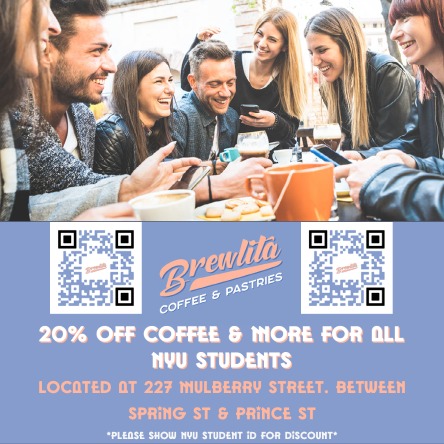
Sophie Rounds is a rising junior at Loyola University Chicago, double majoring in creative writing and Spanish. She loves to read and wishes she were a better cook. When she is not reading or writing, she enjoys singing in several choirs at her university and thrifting with her friends.
For over 20 years, the Campus Clipper has been offering awesome student discounts in NYC, from the East Side to Greenwich Village. Along with inspiration, the company offers students a special coupon booklet and the Official Student Guide, which encourages them to discover new places in the city and save money on food, clothing, and services. At the Campus Clipper, not only do we help our interns learn new skills, make money, and create wonderful e-books, we give them a platform to teach others. Check our website for more student savings and watch our YouTube video showing off some of New York City’s finest students during the Welcome Week of 2015.


